Systematic Desensitization Example Psychology

It is a form of the behaviour therapy and it reduces the anxiety that it is associated with a certain stimulus by using the counter conditioning method.
Systematic desensitization example psychology. Systematic desensitization is a behavioral technique commonly used to treat fear anxiety disorders and phobias. While systematic desensitization is a form of exposure therapy it is known as a graduated exposure therapy. However sd is not effective in treating serious mental disorders like depression and schizophrenia. Systematic desensitization is highly effective where the problem is a learned anxiety of specific objects situations e g.
Systematic desensitization is a form of behaviour therapy. Systematic desensitization is an evidence based therapy approach that combines relaxation techniques with gradual exposure to help you slowly overcome a phobia. Using this method the person is engaged in some type. Treatment is used to help clients relax and release muscles that tighten when they are put in a fearful environment.
Phobias mcgrath et al 1990. Patients with phobias which have not developed through a personal experience classical conditioning for example a fear of heights are not effectively treated using systematic desensitisation. It doesn t always work and can cause more trauma than healing. Systematic desensitization therapy created by joseph wolpe is used to help patients who deal with severe fears and phobias.
Exposure therapy can involve flooding patients with their phobia or exposing them to it in big doses. Psychology definition of systematic desensitization. Based on the principles of classical conditioning the systematic desensitization technique is proved to be excellent in dealing with different phobias and anxiety disorder such as panic disorder. Systematic desensitization sd or desensitization is defined by wikipedia as a type of behavioral therapy used in the field of psychology to help effectively overcome fears phobias and other anxiety disorders.
Some psychologists believe that certain phobias like heights have an evolutionary survival benefit and are not the result of personal experience but the result of evolution. More specifically it is a type of pavlovian therapy developed by a south african psychiatrist joseph wolpe.
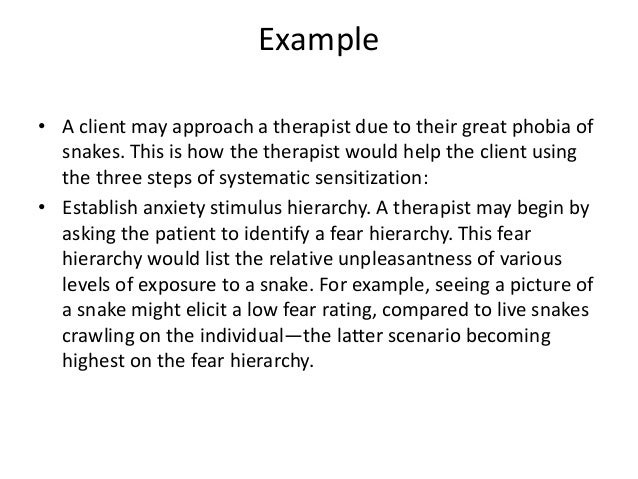



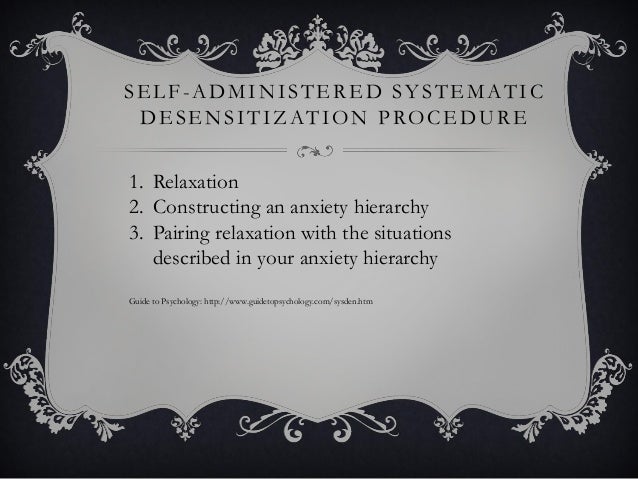
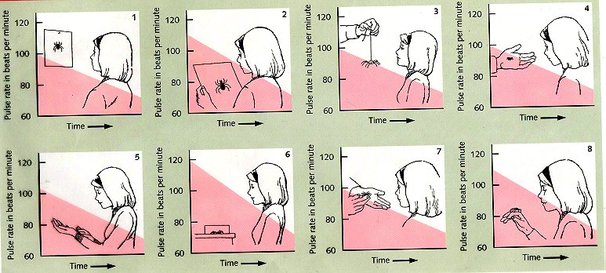
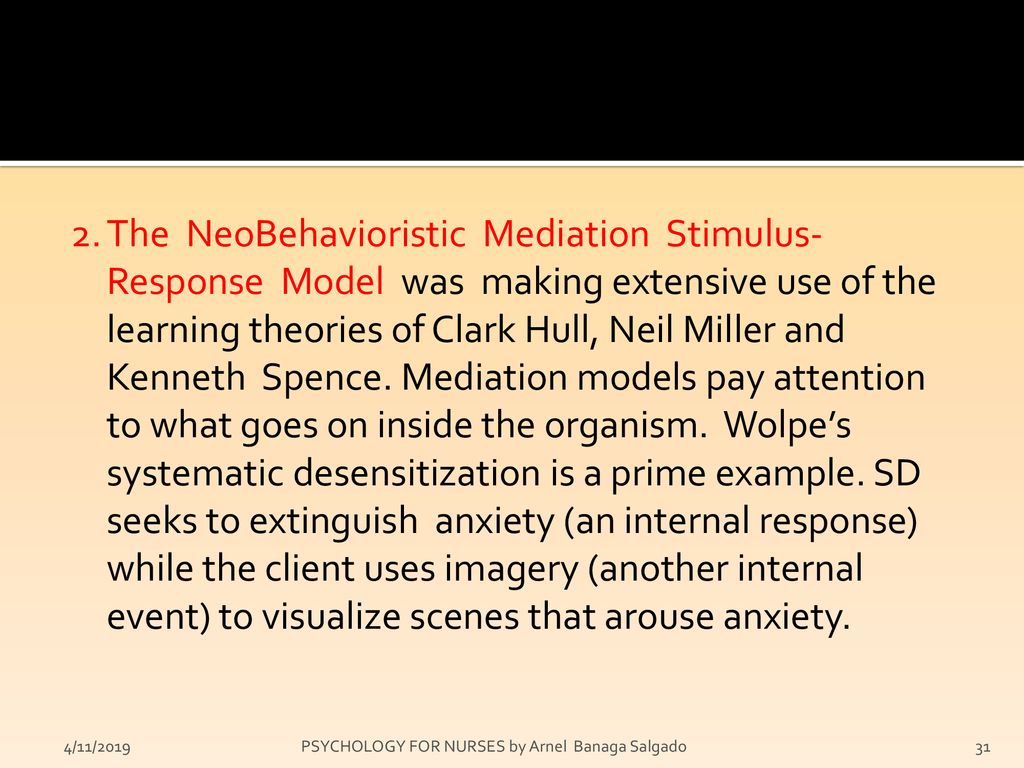
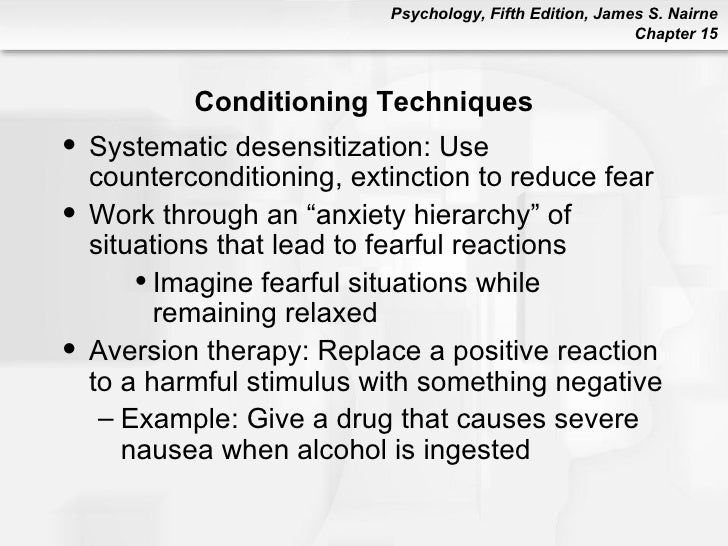









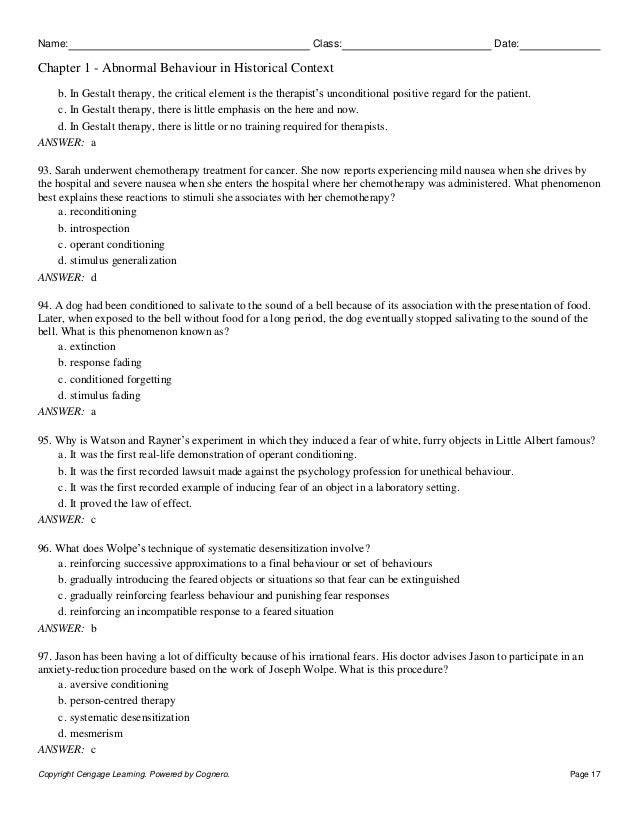
/arachnaphobia-5b3648abc9e77c0037ead4e0.jpg)